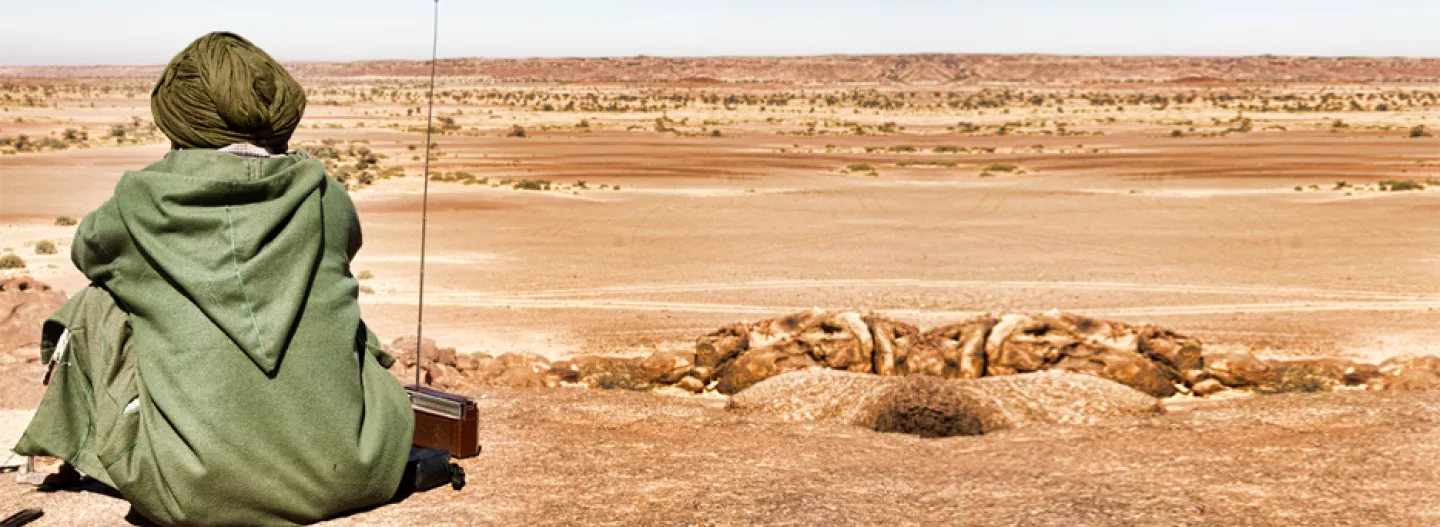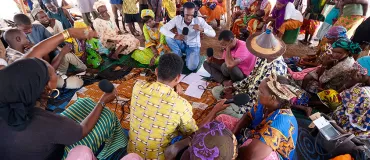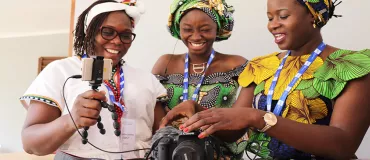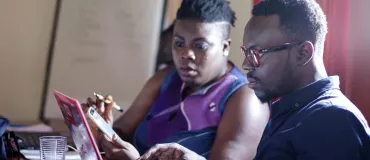RightsInfo

Presentation
Mauritania has ratified the main international human rights treaties. However, in practice, they are still not being applied properly, notably because citizens are not fully aware of their rights.
The German cooperation's support programme entitled 'Promotion of Human Rights and Dialogue on Human Rights' (Promotion des Droits Humains et Dialogue sur les Droits Humains – PDDH) which was launched by the GIZ (Deutsche Gesellschaft für Internationale Zusammenarbeit) in 2015, covers four themes: human rights education, strengthening the technical skills of government officials and civil society organisations, public debate and legal assistance.
One of the objectives of the PDDH is therefore to promote public debate on these rights, by strengthening the powers of the media as they perform their role as 'watchdogs' and providing high-quality media coverage of these topics.
In 2019, in order to continue providing support to journalists in their mission to promote rights and equal opportunities, the GIZ tasked CFI with training journalists from public and private media outlets in Mauritania (with priority being given to the Assaba and Gorgol regions), as part of the InfoRights project.
The project is being conducted in partnership with the Directorate for the Promotion of Publishing and Press Relations of the Ministry of Culture, Handicrafts and Relations with Parliament (MCARP), the Information, Awareness-Raising and Documentation Centre (CISD), of the Office of the Commissioner for Human Rights, Humanitarian Action and Relations with Civil Society (CDHAHRSC), the National School of Administration, Journalism and Magistracy (ENAJM) and civil society associations.
Project beneficiaries
- 4 to 8 journalism trainers from Mauritania
- 40 journalists from all media outlets in the Assaba and Gorgol regions
Files to download
Actions
Putting training courses in place for journalists
- Selecting and training 4 to 8 trainers from Mauritania;
- Developing a training concept for bilingual journalists (in Arabic and French) on human rights coverage;
- Selecting and training 40 beneficiary journalists from Assaba and Gorgol and the surrounding regions.
A comparative look – the trainers’ perspective
Supporting the production of articles and networking
- Supporting the production of journalistic content covering human rights in national languages (Hassaniya, Pulaar, Wolof, Soninke) or in French;
- Strengthening a network of journalists.



